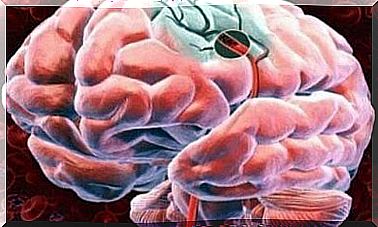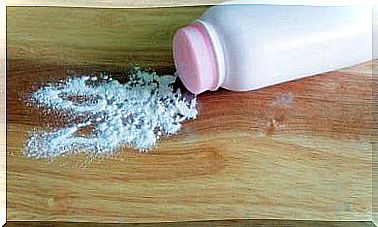How To Make Better Decisions?

Every day we must continually make decisions, from the most trivial details to the most important issues. The fact is that everything in life is the result of a decision, so the ideal is to make the best decisions.
Not everyone, however, sees things clearly and can make decisions , so they need help.
Tips for making better decisions
Whether you are an entrepreneur or an employee or an employee, whether you are single or married with children, whether you live with your parents or partner, you all make decisions all the time.
Many people have great difficulty deciding, perhaps because they are used to having others do it for them or because they do not have the courage. Either way, pay attention to these valuable tips that can help you make better decisions.
1. Don’t be afraid of the consequences

When it comes to choosing the new car to buy, the house to live in or whether to get married or not, you have to take into account the pros and cons of each decision.
Every decision involves a victory or a defeat, which is why we almost always opt for the alternative that we believe makes us happier.
However, the choice made is not always positive. Loss aversion and fear of making a mistake can have a great influence when making decisions. Consider that every choice always has a consequence, for better or for worse.
2. Identify purpose before making decisions
When you find yourself in a situation that requires you to make an important decision, you must always have in mind your goal and how the choice you make will lead you in that direction.
The goal must always be present in the decision process.
3. Take your responsibilities
One of the reasons that prevents us from making the best decisions is that we feel trapped by the choice we have made or are about to make.
Taking responsibility for your actions means understanding how to act if something goes wrong or rejoice if all goes well.
Accepting the commitment that an action entails is essential. If you have realized that you have not made the right decision, know that there is no point in feeling guilty. We must act and resolve the situation. Then, you learn from mistakes.
4. Trust your intuition

We are convinced that in order to make the best decisions we have to analyze every aspect of them for days or weeks. However, we do not always have the time available to do so, indeed, we often have to act as soon as possible. This does not mean that we will not go wrong, but that we must learn to let ourselves be guided by our intuition.
5. Review the options available to make better decisions
It is not a contradiction with the previous advice, that of following intuition. When you face a problem or a situation, it is normal to analyze it from your point of view or perspective. Why don’t you try to look at it from a different position, as if you were another person?
Perhaps this advice will help you consider other options and make the decision process easier for you. Critical thinking can often obstruct the mechanism of choice.
6. Be aware of your emotions
To make better decisions, know that you have to leave room for feelings as well. It is true that emotions often risk negatively affecting a choice, but they can also help you when you don’t know which path to take.
When we are angry, anxious or stressed, we are more likely to make bad decisions because these emotions confuse our judgment. Indeed, anger can make us impulsive and risk-prone.
7. Ask for help if needed

There is a substantial difference between depending on others in the hope that they will choose for us and asking for help when we are struggling with a choice.
In the first case, we get rid of the obligation and do not think of a solution to our problem. In the second case, however, we work in a group and open our minds to new options.
Often another person’s opinion is what we need to clarify our ideas and make the right choice.
8. Limit your choices to make better decisions
If you have 20 shades of one color to paint a children’s room, it will take you a week to figure out which one is right.
If you limit the number of alternatives, it will be easier to exclude some of them until you get to the choice.
The more choice options you have, the harder your brain has to work and the longer it will take you to decide. And chances are you won’t make the best decision, so minimize your alternatives before choosing.









